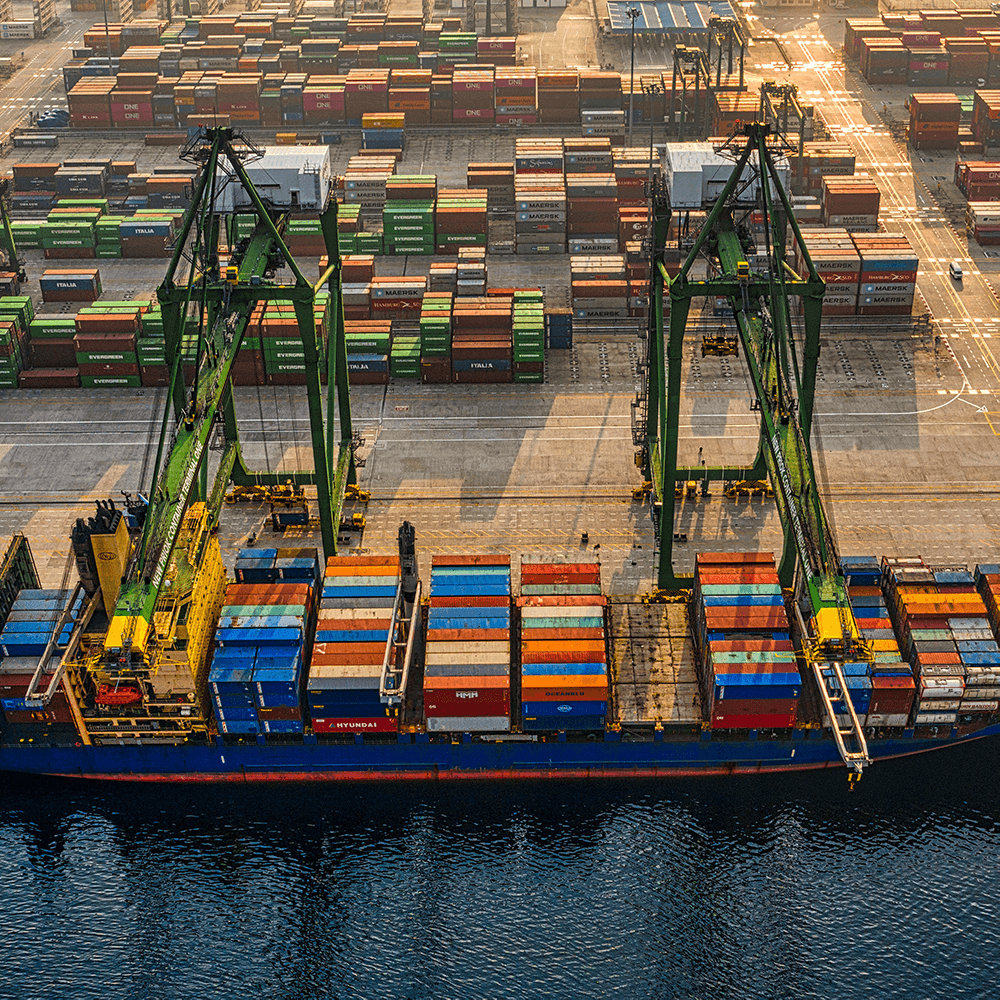The intersection between trade and regulations
Christopher Odero
2021-01-01

The intersection between regulations and trade is the point where government regulations and policies impact international trade activities. These regulations encompass a wide range of measures, including those related to product safety, intellectual property rights, customs procedures, and technical standards. The implementation and nature of these regulations can either facilitate or hinder trade. Industry associations play a crucial role in this process by acting as advocates for their respective industries, working closely with governments and regulatory bodies to shape regulations that benefit their members. They provide expertise, research, and insights to policymakers, helping them understand industry needs and challenges. Additionally, industry associations assist in developing standards, guidelines, and best practices that promote fair and efficient trade.
Countries that are members of the World Trade Organization (WTO) have specific obligations towards the organization. These obligations include the Most-Favored-Nation (MFN) Treatment, which requires members to treat all other WTO members equally in terms of trade conditions and benefits. The National Treatment obligation mandates members to treat foreign and domestic goods and services equally once they have entered their domestic market. Tariff Bindings require members to adhere to the tariff rates they have committed to in their schedules of concessions. The Prohibition of Quantitative Restrictions generally prevents members from implementing import/export quotas and other trade restrictions.
The World Trade Organization employs various mechanisms to hold countries accountable for their obligations. One such mechanism is the Dispute Settlement system, which provides a formal process for countries to bring complaints against other members for alleged violations. This process involves consultation, adjudication, and the possibility of trade sanctions if a member fails to comply with the WTO's rulings. Peer Review Mechanisms are another tool used by the WTO, involving periodic reviews of members' trade policies and practices. During these reviews, other members can raise concerns or questions about a member's compliance with WTO obligations. Transparency and Reporting are also crucial, as members are required to notify the WTO about their trade policies, regulations, and measures. This promotes transparency and allows other members to assess compliance.
In the context of health, particularly in relation to medical devices and in-vitro diagnostics, these aspects of regulations and trade have significant relevance. Countries may implement regulations to ensure the safety, efficacy, and quality of these medical products. Such regulations can impact trade by establishing product standards, certification requirements, and registration procedures. Harmonization of regulations through international standards can facilitate trade while maintaining appropriate health standards. Trade facilitation measures are essential in ensuring timely access to medical devices and in-vitro diagnostics, especially during health emergencies. Streamlined customs procedures and efficient trade processes can help enhance access to these essential health products. Industry associations can advocate for trade facilitation measures that strike a balance between access to health products and regulatory standards.
Countries have an obligation to implement regulations and policies related to medical devices and in-vitro diagnostics in a manner consistent with their WTO commitments. This ensures that trade in these products is conducted fairly, without arbitrary barriers, and with a focus on public health objectives. Compliance with WTO obligations promotes fair trade and prevents the creation of unnecessary trade barriers.
The WTO's dispute settlement mechanism also plays a role in addressing trade disputes related to medical devices and in-vitro diagnostics. If a country's regulations or policies are deemed inconsistent with WTO obligations, it may be required to make necessary changes or face potential trade sanctions. This mechanism ensures accountability and encourages compliance with international trade rules while considering health-related concerns.
In summary, the intersection between regulations and trade is where government regulations and policies intersect with international trade activities. Industry associations, WTO obligations, and accountability mechanisms play significant roles in shaping regulations, promoting fair trade, and ensuring compliance. In the context of health, regulations and trade facilitation measures impact the safety and access to medical devices and in-vitro diagnostics, with the WTO serving as a platform for addressing trade disputes and ensuring compliance with international trade rules.